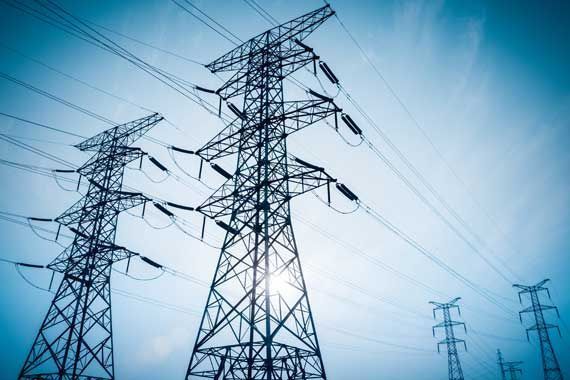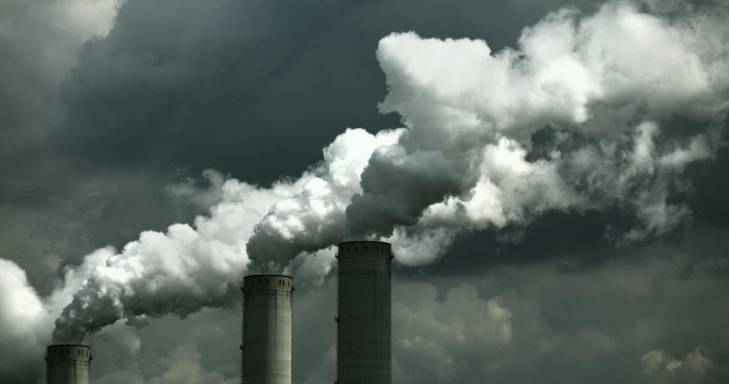A new study concludes that the reform of domestic electricity tariffs put forward for two years by Hydro-Québec from April 2017 was harder for low-income households when it should favor them.
The Institute for Research and Socio-Economic Information (IRIS) specifies that the reform has resulted in disadvantageous increases in the annual bill for customers spending the highest proportion of their electricity consumption on heating.
Among them is the majority of low-income households. About 210,000, or 35 percent, were advantaged, while 390,000 were disadvantaged.
The reform determines the electricity bill for 94 percent of Hydro-Québec’s residential customers. Until March 31, 2017, the first 30 kWh were billed 5.71 cents each, and the following 8.68 cents. Today, the first 40 kWh are part of the first tranche.
IRIS has observed that customers who are unable to act on heating consumption, either because they are tenants or because they cannot afford renovations, are among those who will have had the Worst bill increases since 2016. In addition, the billing gap between households with a high proportion of heating and those with low heating will increase as bills will increase in line with inflation.
An average customer who consumed an average of 18,000 kWh per year before the reform with a high proportion of heating paid $ 50 more than a customer with little heating. IRIS found that after the reform, it paid $ 115 more.



